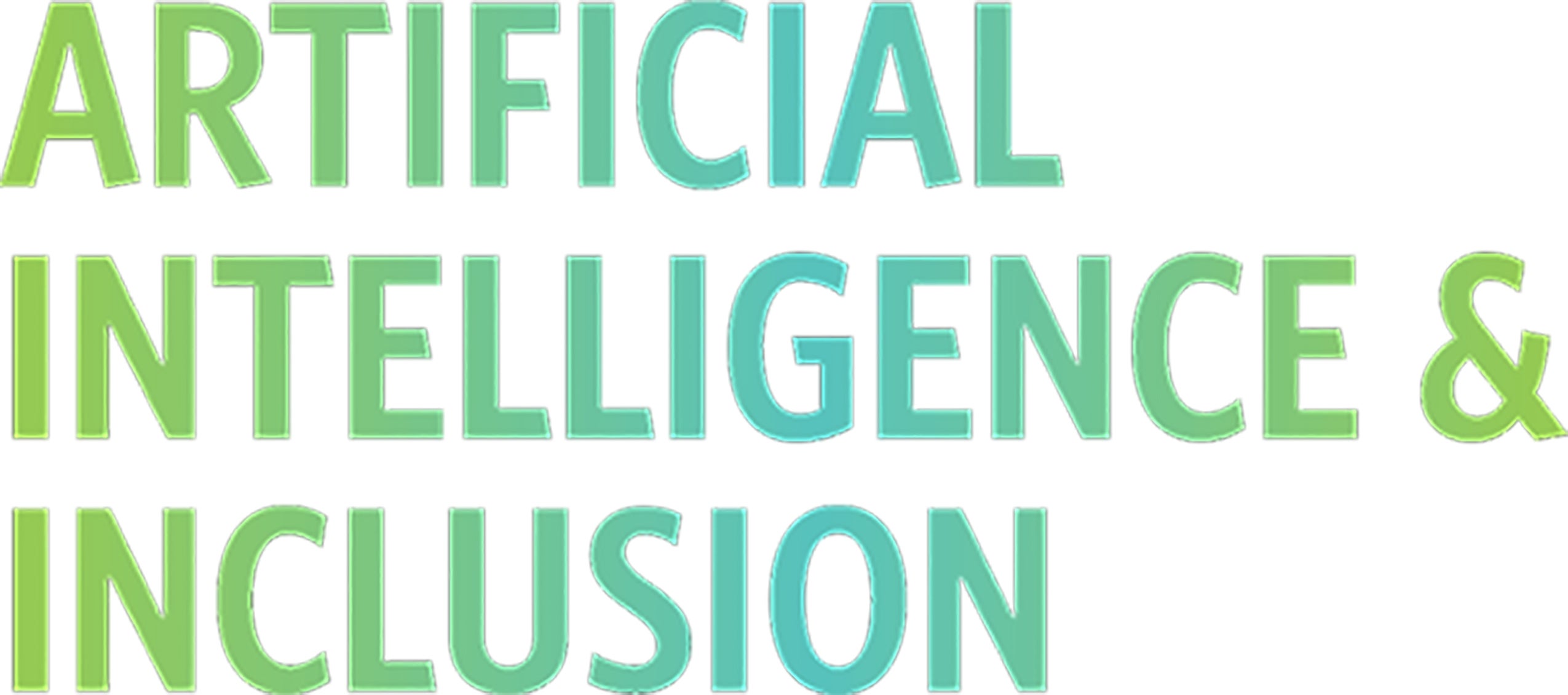On Feb. 22, the Berkman Klein Center for Internet & Society at Harvard University launched AIandInclusion.org, a new website related to preventing bias in algorithms and ensuring that voices and perspectives from diverse populations help shape the future of artificial intelligence. The interactive website offers a broad range of resources related to issues of AI and inclusion.
The materials contribute to the Diversity and Inclusion track of the broader Ethics and Governance of Artificial Intelligence Initiative. Launched in Spring 2017, the initiative is anchored by the Berkman Klein Center and the MIT Media Lab, who have been working in conjunction over the past year to conduct evidence-based research, bolster AI for the social good, and construct a collective knowledge base on the ethics and governance of AI.
AI-based technologies — and the vast datasets that power them — are reshaping a broad range of sectors of the economy and are increasingly affecting the ways in which we live our lives. But to date, these systems remain largely the province of a few large companies and powerful nations, raising concerns over how they might exacerbate inequalities and perpetuate bias.
To this end, these resources aim to help frame and explain the issue, offering a baseline for understanding what’s at stake and recommendations for next steps for the research community.
Some of the primary resources available on the webpage include foundational materials that address overarching themes, key research questions, the initial framing of a research roadmap, and an overview of some of the most relevant opportunities and challenges identified pertaining to AI, inclusion, and governance. The research, findings, and ideas presented throughout the page both illuminate lessons learned from the past year, and lay the groundwork for the initiative’s continued work on issues of inclusion, acknowledging that the resources found here are only a starting point for this important conversation.
Resources include:
- A reading list for learning about issues and recent research related to inclusion in the age of AI
- Lessons drawn from a recent global symposium on AI & Inclusion we cohosted in Nov in Rio
- A list of key research questions and specific possible interventions for each stage of the development process
- Short video interviews with experts on critical topics related to AI and inclusion
The site reflects lessons learned from a wide-ranging international effort, and includes a number of resources produced from the Global Symposium on AI and Inclusion, which convened 170 participants from over 40 countries in Rio de Janeiro last November on behalf of the Global Network of Centers to discuss the impact of AI and related technologies on marginalized populations and the risks of amplifying digital inequalities across the world.
You can learn more about the effort in the Medium Post “Why Inclusion Matters for the Future of Artificial Intelligence” by Amar Ashar and Sandra Cortesi.
